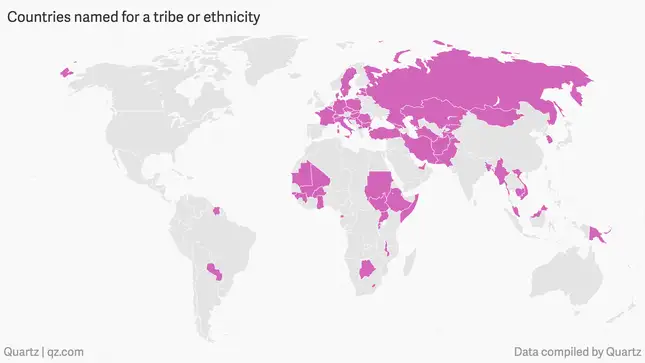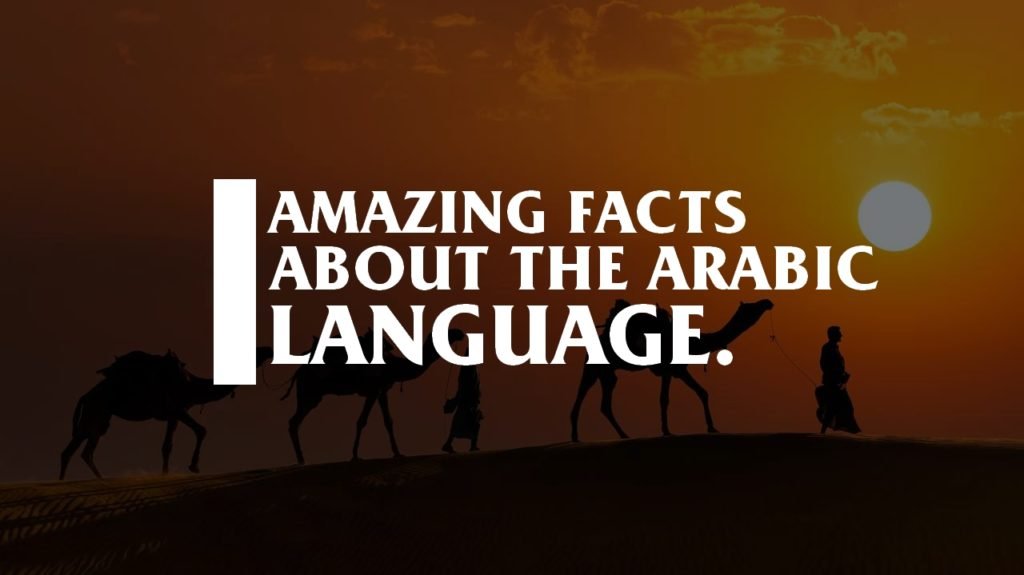We’ve long been instructed to take pride in our nation. Mention of the United States evokes certain ideals and attributes we strive to maintain in our community. Merely mentioning a country’s name can evoke patriotism globally.
However, the original meanings of these country names likely don’t align with the contemporary ideologies we connect them with. The branch of inquiry that concerns itself with studying place names is called Typonymy. It encompasses their origins, meanings, and cultural significance. It explores how names shape our understanding of geographic locations and reflect historical, linguistic, and social influences. Through analyzing typonyms, researchers uncover layers of information about human geography, language evolution, and societal identity tied to specific geographical regions.
According to Quartz, almost every country in the world is named after one of four things:
- A tribe name
- A feature of the land
- The direction the country is situated
- An important person
Tribe names
Most country names originate from tribes, kingdoms, or ethnic groups. This is particularly the case for a lot of European counties.
Italy traces its name back to the Vitali tribe, France to the Franks, Switzerland to the Schwyz people, and Vietnam to the Viet people of the south. Similarly, “Deahan Minguk” translates to “Great Han” or “Big Han,” referencing the Han tribes in South Korea. Other names, like Papua New Guinea, derive from descriptions of their inhabitants, such as “papua” meaning “frizzy-haired” and “guinea” after the African Guineans.

Land feature
The second most common origin of a country’s name often relates to a geographical feature or aspect of its land.
Algeria derives its name from the capital city, Algiers, meaning “the islands,” which originally referred to the islands off the city’s coast. Iceland’s name contradicts its green landscape; it was possibly named to deter settlers, though the more accurate story credits a Viking, Hrafna-Flóki Vilgerðarson, who named it after spotting icebergs. Costa Rica, meaning “the rich coast,” was possibly named by Christopher Columbus upon seeing indigenous people with gold. Barbados, known as “bearded ones,” likely received its name from the banyan tree, also called the giant bearded fig. Honduras means “depth” or “deep water,” while Singapore means “lion city,” despite the absence of lions.
Haiti translates to “mountainous land” in its indigenous Taíno language. Ukraine was named in the 12th century and translates to “near the border” in Old Slavic.

Directional Placement
Approximately 25 countries have names that denote their geographical location, such as Australia. The name “Australia” originates from the hypothetical continent Terra Australis Incognita, meaning “Unknown Southern Land,” conceived by the Ancient Greeks. Similarly, “Nippon,” frequently used by locals for Japan, means “land of the rising sun,” reflecting Japan’s position east of China. “Timor-Leste” essentially translates to “east east” and denotes its location east of Java and Sumatra. Also, Morocco literally translates to the place where the sun sets in Arabic. Norway, “northern way.”
Important Figure
The remaining countries are predominantly named after significant historical figures.
The United States of America was named after the Italian explorer Amerigo Vespucci, while the Philippines derives its name from King Philip II.
Colombia was named after Christopher Columbus, although not directly by the explorer himself, who is attributed to naming several other countries.
Venezuelan leader Simon Bolivar has two countries named after him, Bolivia being the more apparent one, but also Venezuela, officially known as the Bolivarian Republic of Venezuela.
Religious figures also inspire names, such as Israel, derived from the given name of Jacob, a patriarch of the Jewish people.






